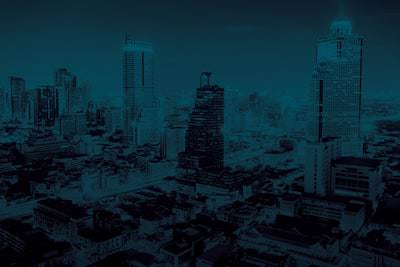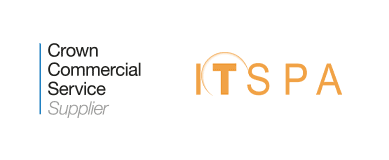Due to environmental and sustainability factors, and the recent hikes in energy prices, energy saving is ever more critically important if businesses and households are going to be successful in doing their bit to fight climate change, while also ensuring they can keep their energy costs at a level which is affordable for their business. For organisations offering services in helping businesses reduce emissions and keep down their energy consumption – for example, energy companies and consultancies – it can be very difficult to cost-effectively provide this service on the personalised level necessary to be truly effective for smaller businesses. The cost of visiting a business, especially if they are a smaller one, can be prohibitive, leaving those smaller ones with access to just generic advice not tailored to their specific location. However, there is technology available now that can help businesses provide more personalised service at a reduced cost.
Read on to find out how remote visual assistance software can help your organisation more effectively deliver energy audit services.
Remote Visual Assistance
Remote visual assistance (or inspection) technology is a relatively new technology that is transforming service and inspection across a number of sectors by significantly reducing the need for field visits and enabling agents to solve problems faster. Remote visual assistance software works by allowing an agent in a contact centre, or colleague back in the office, to take over the smartphone camera of the person seeking advice and then guide them through solving the problem by zooming in and using AR tools to annotate instructions on the screen of a smartphone.
As mentioned it is already used by supermarkets, surveyors, equipment suppliers, electronics retailers, and insurers with the commercial proposition proven unequivocally. Those attributes make it ideally suited to enabling energy audits to be delivered virtually and deliver the following benefits:
Tailored Service at Scale
One of the biggest issues for organisations offering energy audits is that adding real value for a customer, specific to their office, inevitably means seeing their building to tailor recommendations. Up to now, this has meant travelling to the client, a process that is costly – travel to a client might take more than an hour each way limiting the number of customers that can be served in a day to two or three. This has meant that this kind of tailored package has only been possible for larger businesses with deeper pockets. In the case of smaller organisations, service has had to be offered via the phone or online, and understandable recommendations and effectiveness are impaired when it is not possible to see the actual premises. This has meant that smaller businesses cannot afford or see the value of an energy audit, and for businesses trying to provide those services it has decreased their addressable client base.
Remote visual assistance makes it possible for energy auditors to carry out a tailored audit virtually. Your agent can take over the camera of an employee on-premises, and then ask them to go around the building to show all of the critical areas that they would normally examine. They can then zoom in for a closer look, take pictures and video for later review, use AI to group and find specifics in the imagery and video and talk with the employee to get as detailed a picture of the circumstances as possible and then highlight to the customer where, for example, to access furnace filters or wrap hot water pipes with insulation.
Being able to carry out an audit from a desk means an expert eliminates his travel time, making it possible for your business to schedule a full day of audits, and drive down costs for smaller businesses; in doing so opening up this market segment for revenue-generating opportunities.
Safety
Cost isn’t the only issue for carrying out virtual energy audits. It is now clear that we won’t be eliminating COVID19 but living with it. Therefore, our aim is, if human face-to-face contact is not necessary, to find an alternative to help slow down the opportunity for transmission.
Customer Satisfaction
If you are able to carry out more audits each day, then you can more quickly respond to customers, give them a wider choice of times, ensure you are not late, remove the worry around transmission, and, if issues arise post initial audit for customers with implementing your auditor’s proposals, you can use remote visual assistance to resolve their questions quickly.
In addition, even with larger customers, who might opt for an in-person audit, remote visual assistance benefits as you can reduce the number of auditors who need to be onsite. This is possible because, if the auditor who goes to a building finds issues that they are not sure about, they can easily show the problem to a colleague with more experience, or specific expertise, and solve it immediately.
Digitalised and Scalable for Increased Efficiency
Using remote visual assistance software means you can standardise procedures and processes across your business. For example, auditors in the field may have different interpretations of problems; however, with this software, and in particular Hostcomm’s media browser functionality, it is possible to analyse all your videos and pics using AI and then use build out best practice scenarios that are used for quicker training and improved results for your customers.
Better Staff Retention
Travelling to different locations daily can be demoralising for many staff as they have to deal with traffic jams, weather, perhaps dirty locations, and not finishing on time. Carrying out an audit virtually allows them to do so in a safe environment where they can focus on the core role for which they have trained.














